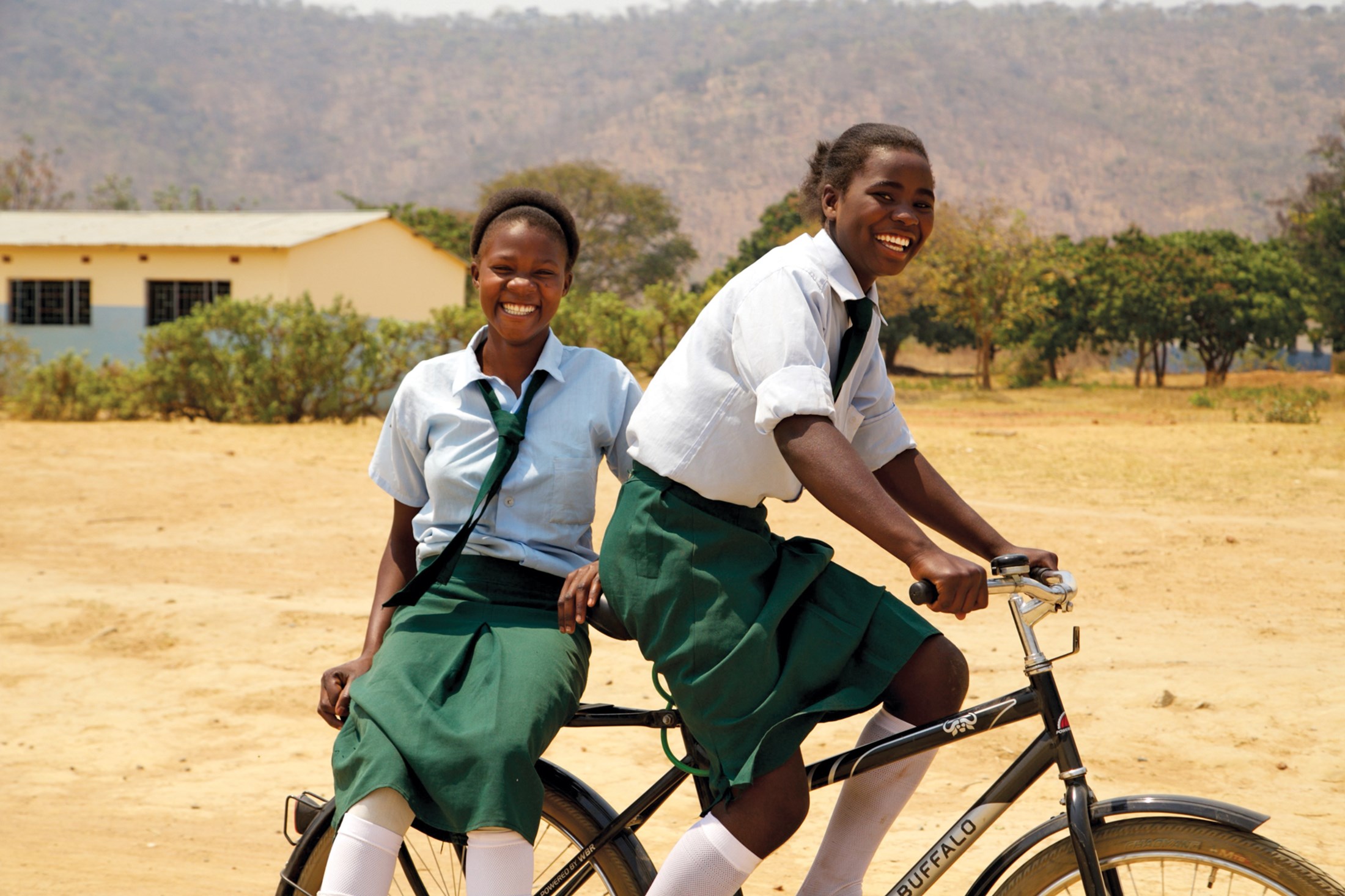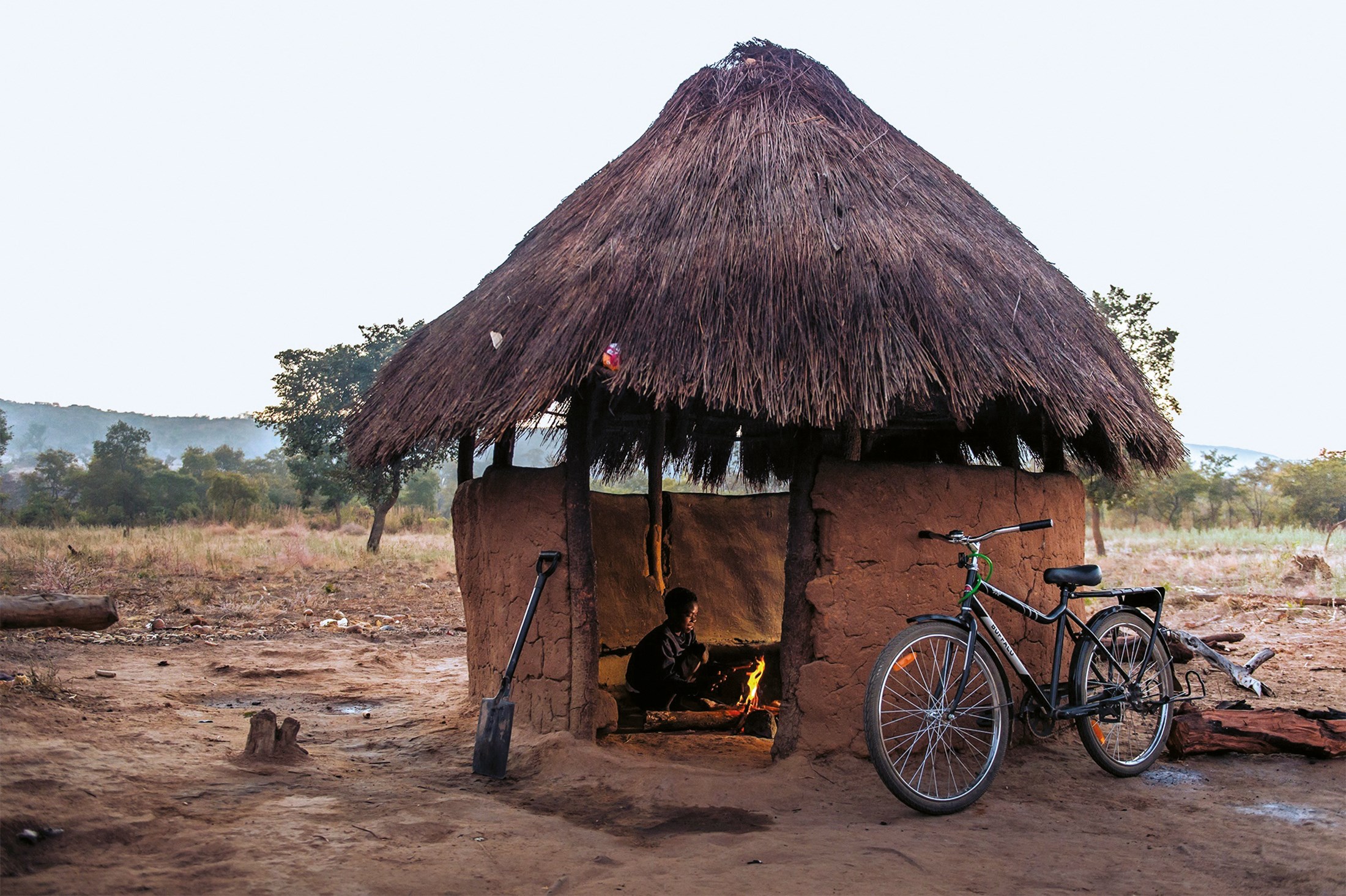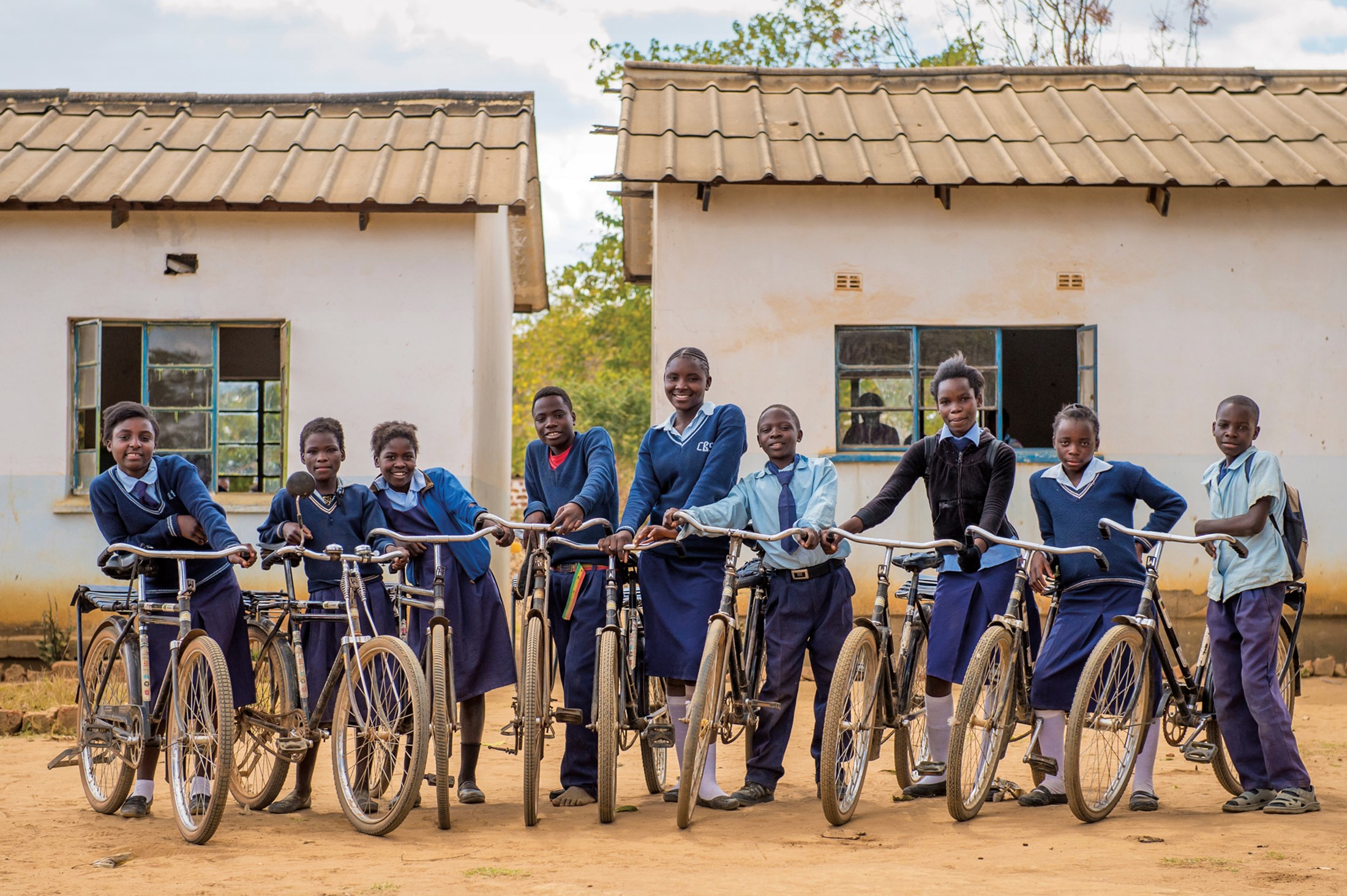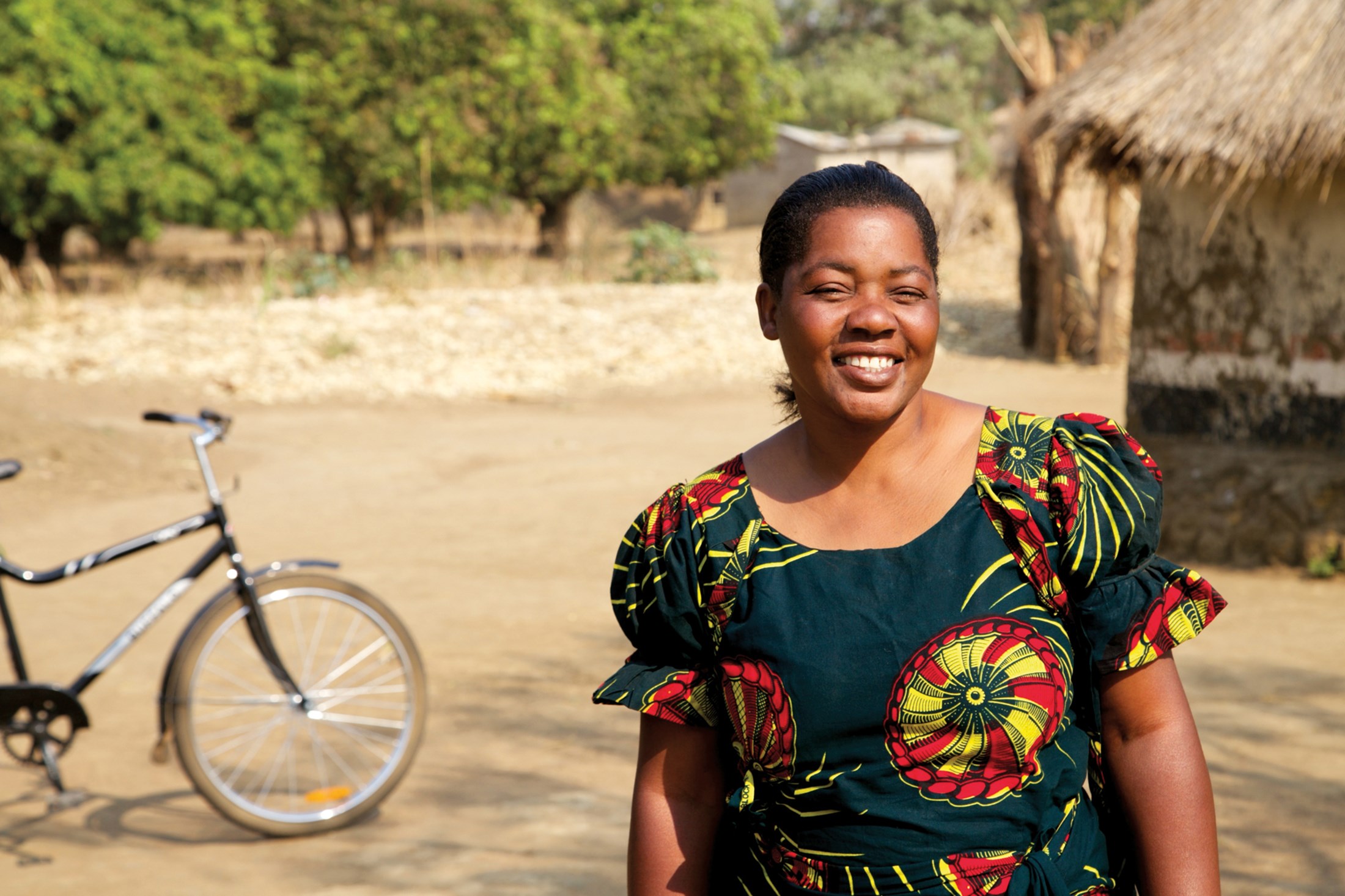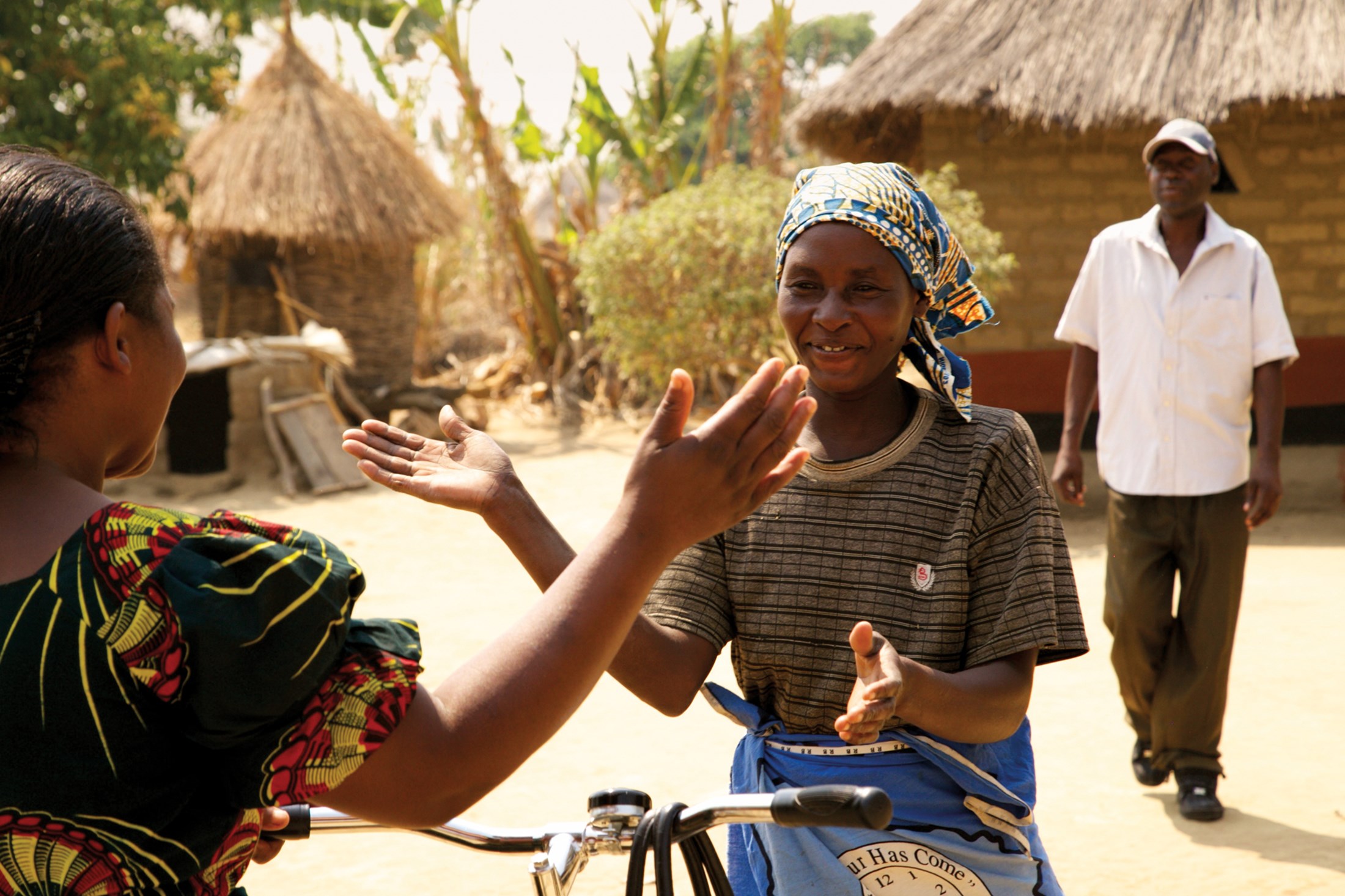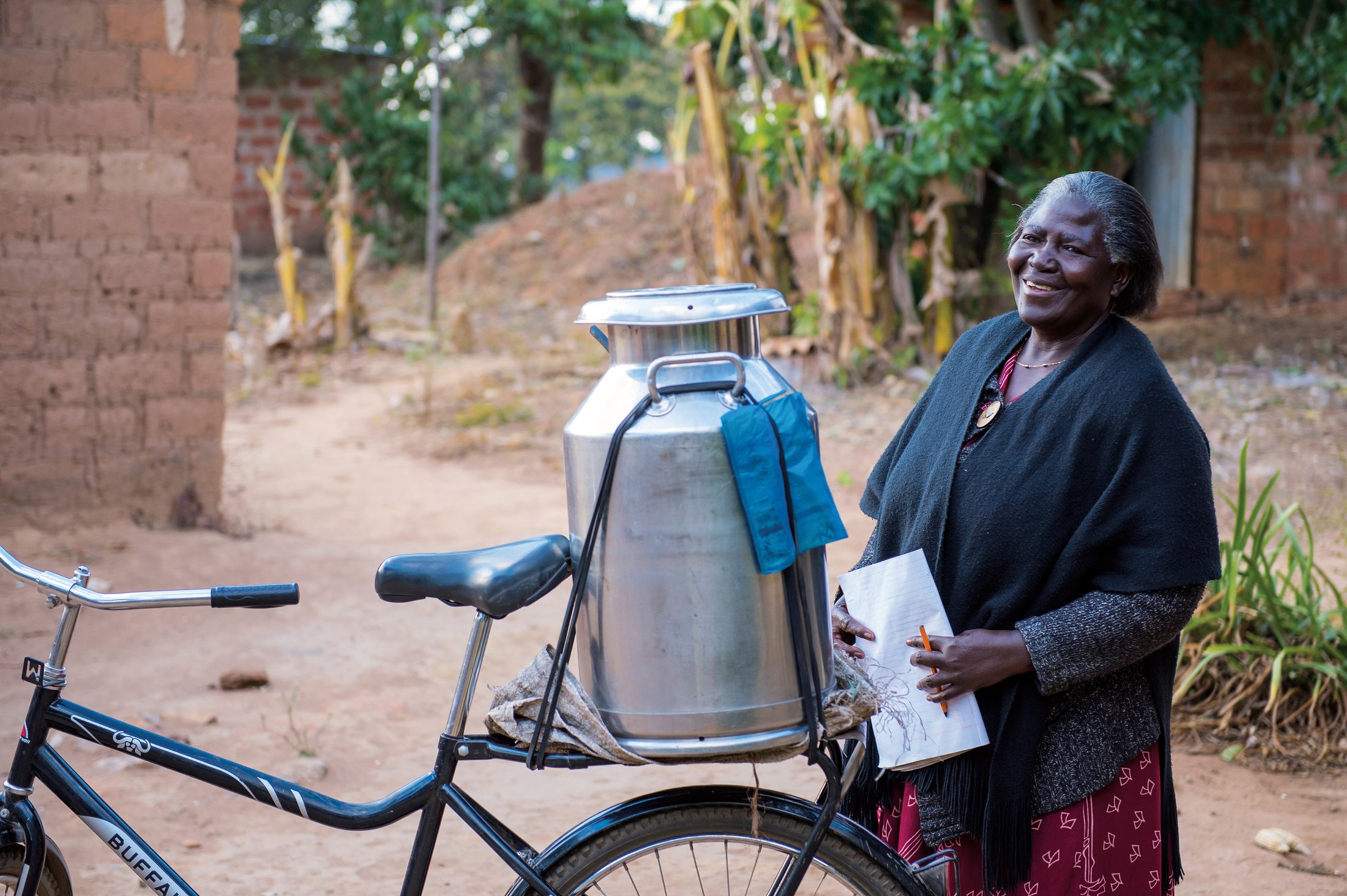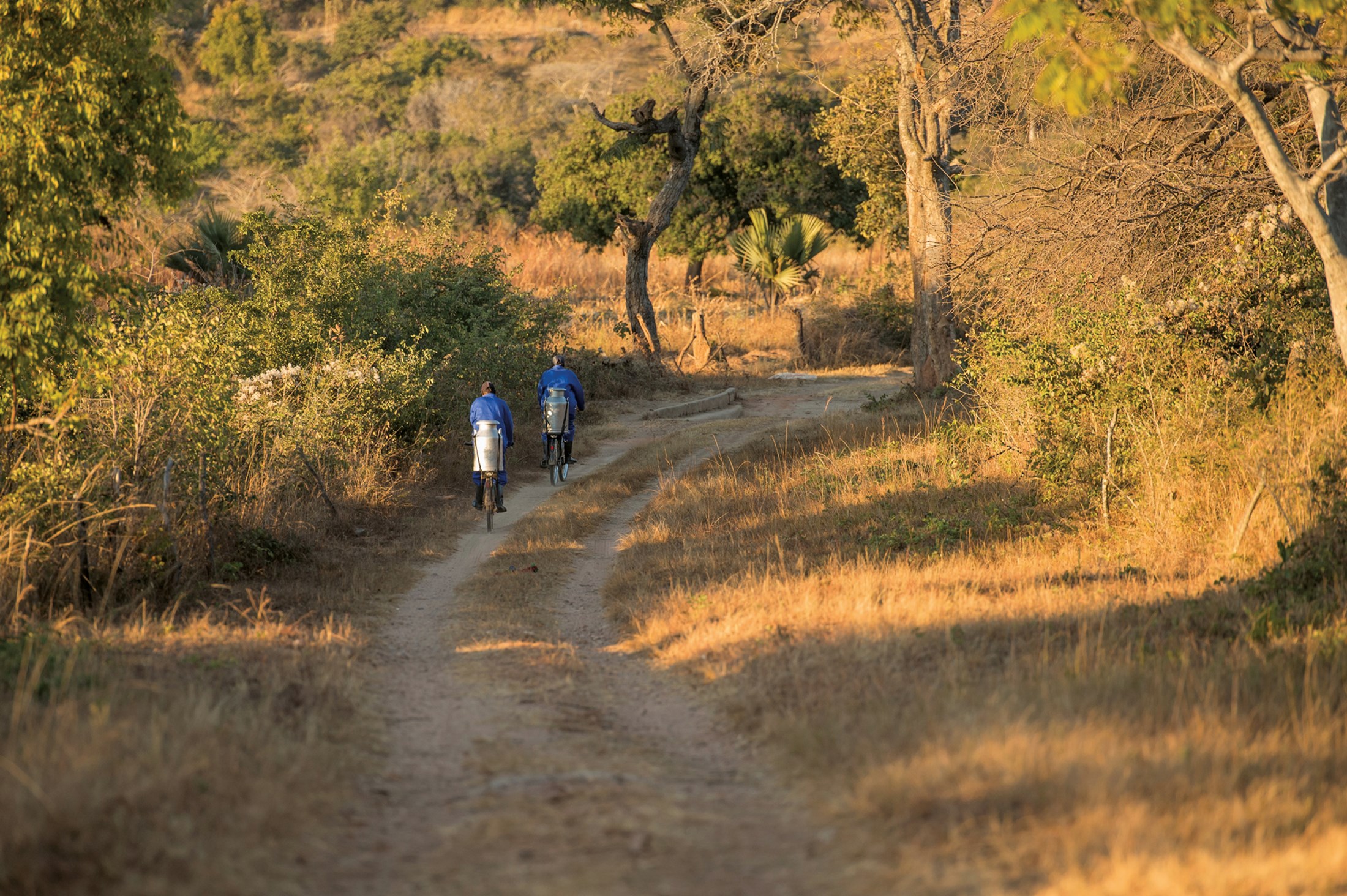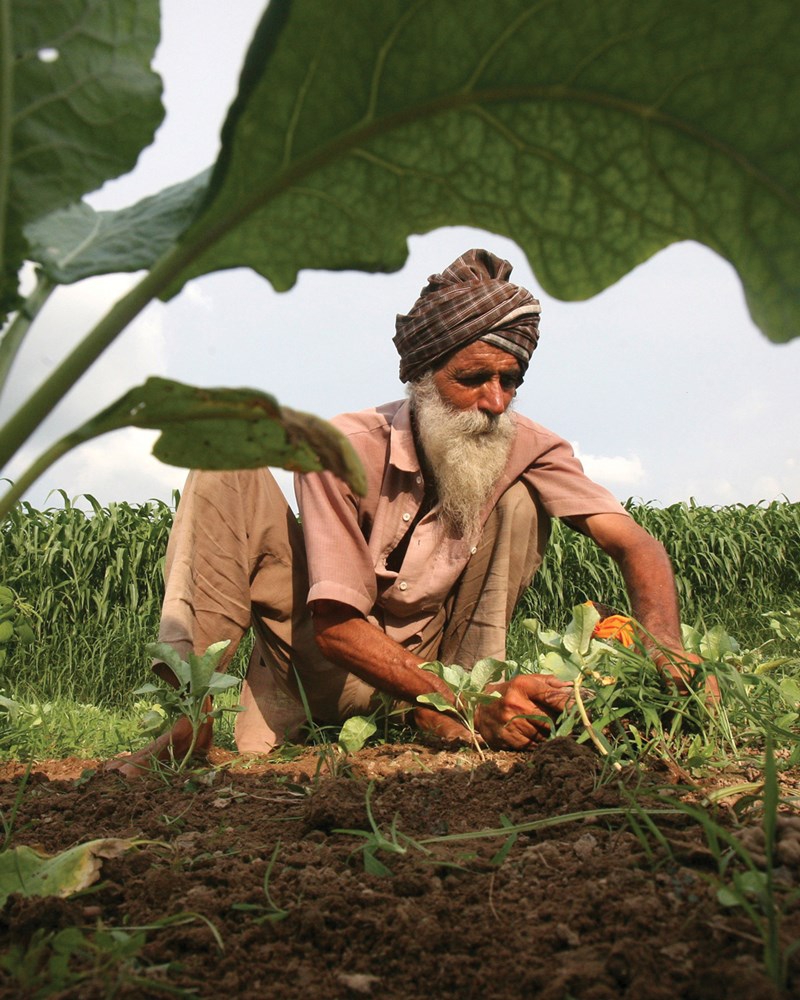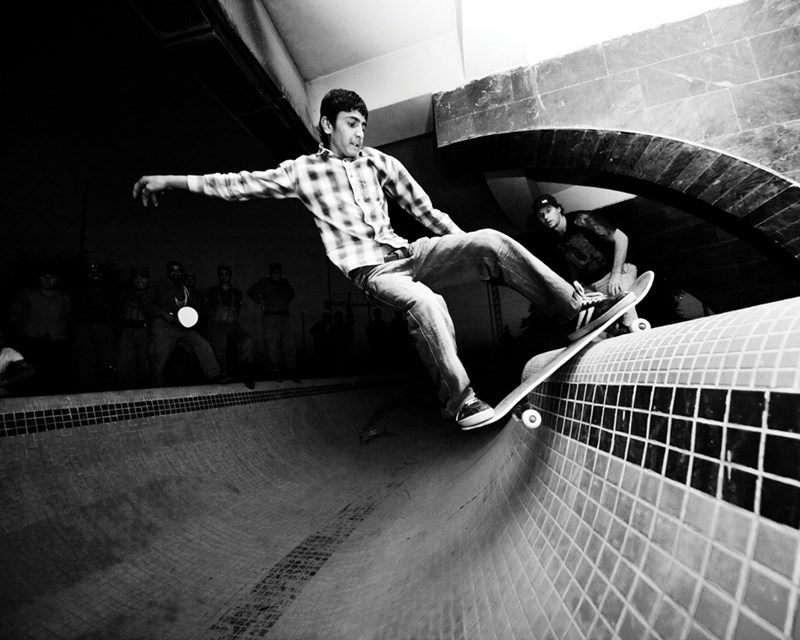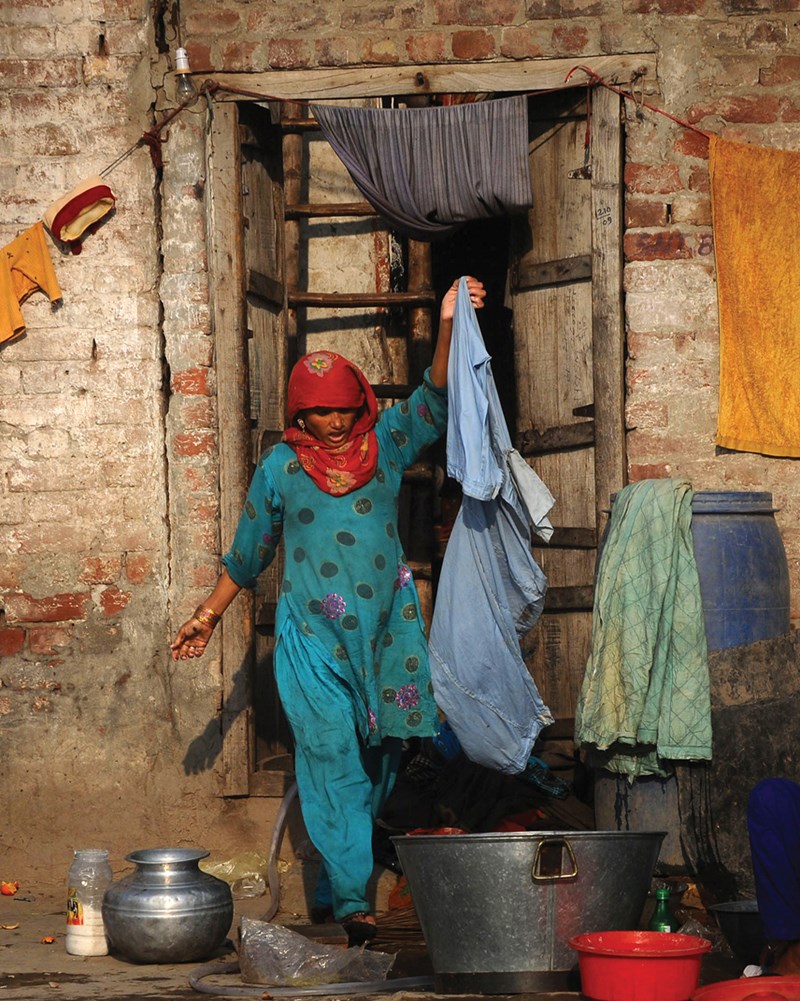In Zambia’s district of Chongwe, Georgina Stimbeko makes her living as a dairy farmer. Alongside some 80 other smallholders, she supplies milk to the local Palabana Dairy Cooperative (PDC), each day making the 12km trip from her farm along dirt roads. Previously, with no reliable means of transport, the journey was long and the volumes of milk that could be carried were limited.
Today, that has changed. Using the sturdy Buffalo bike, which can heft 100kg-plus loads, Stimbeko has seen her travel time slashed, and her income rise.
“Since I got the Buffalo, I never failed to deliver milk, not even [one] day,” she says.
These retro-looking bicycles are produced by a subsidiary of World Bicycle Relief (WBR), a cycling-focused NGO. Under the tagline ‘built for big loads on tough roads’, the bikes aim to give low-income groups in Africa the means to travel to markets, schools, healthcare facilities and more.
Their durable design is deliberate. Regular city bikes have a brutally short lifespan on Africa’s dirt tracks, says Dave Niewsander, president of WBR.
“When we first came to Zambia, we found that the locally-available bicycles really weren’t serving the end user,” he says. “We called them bicycle-shaped objects. We work with a manufacturer in Asia to design components that are specifically built for African roads.”

